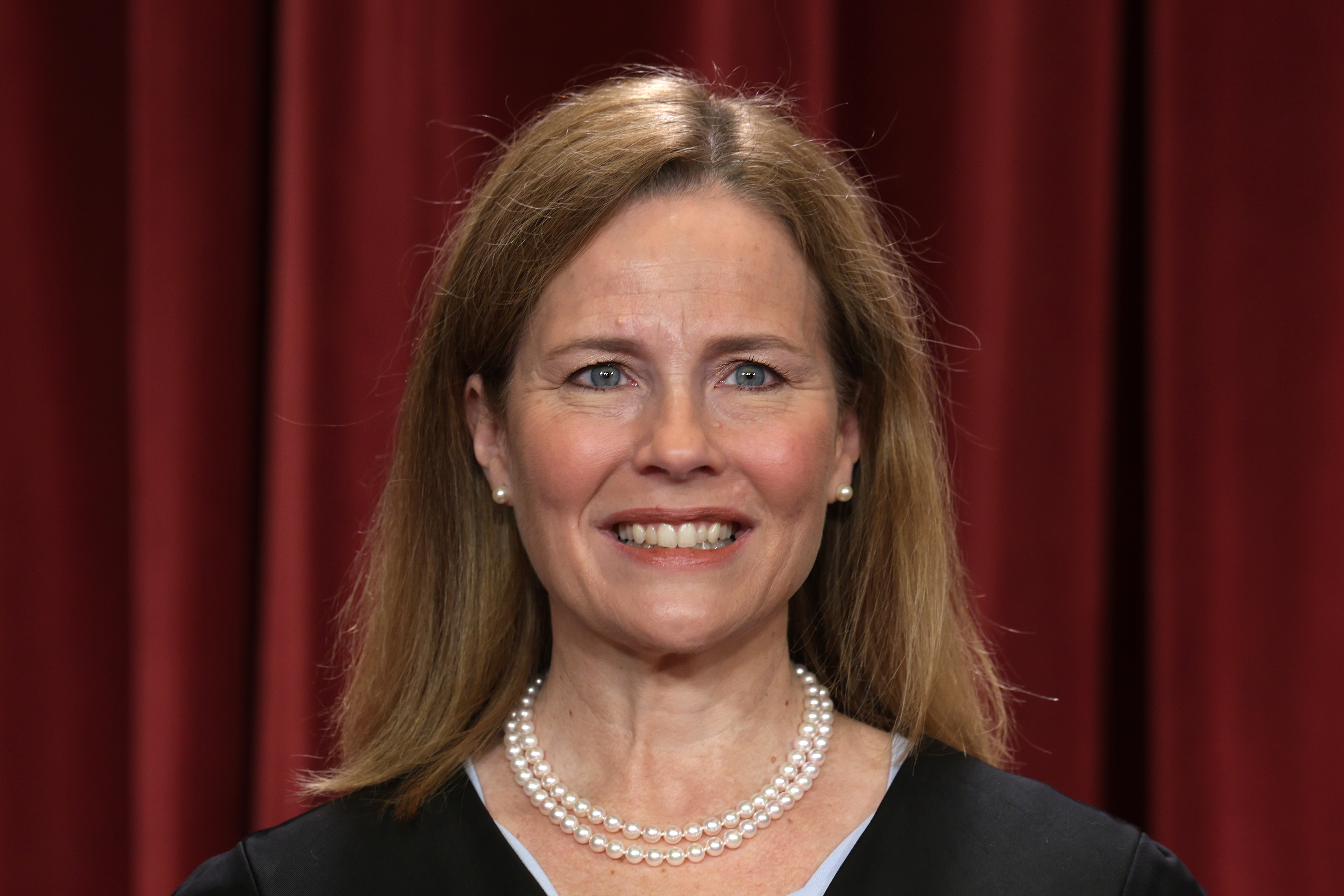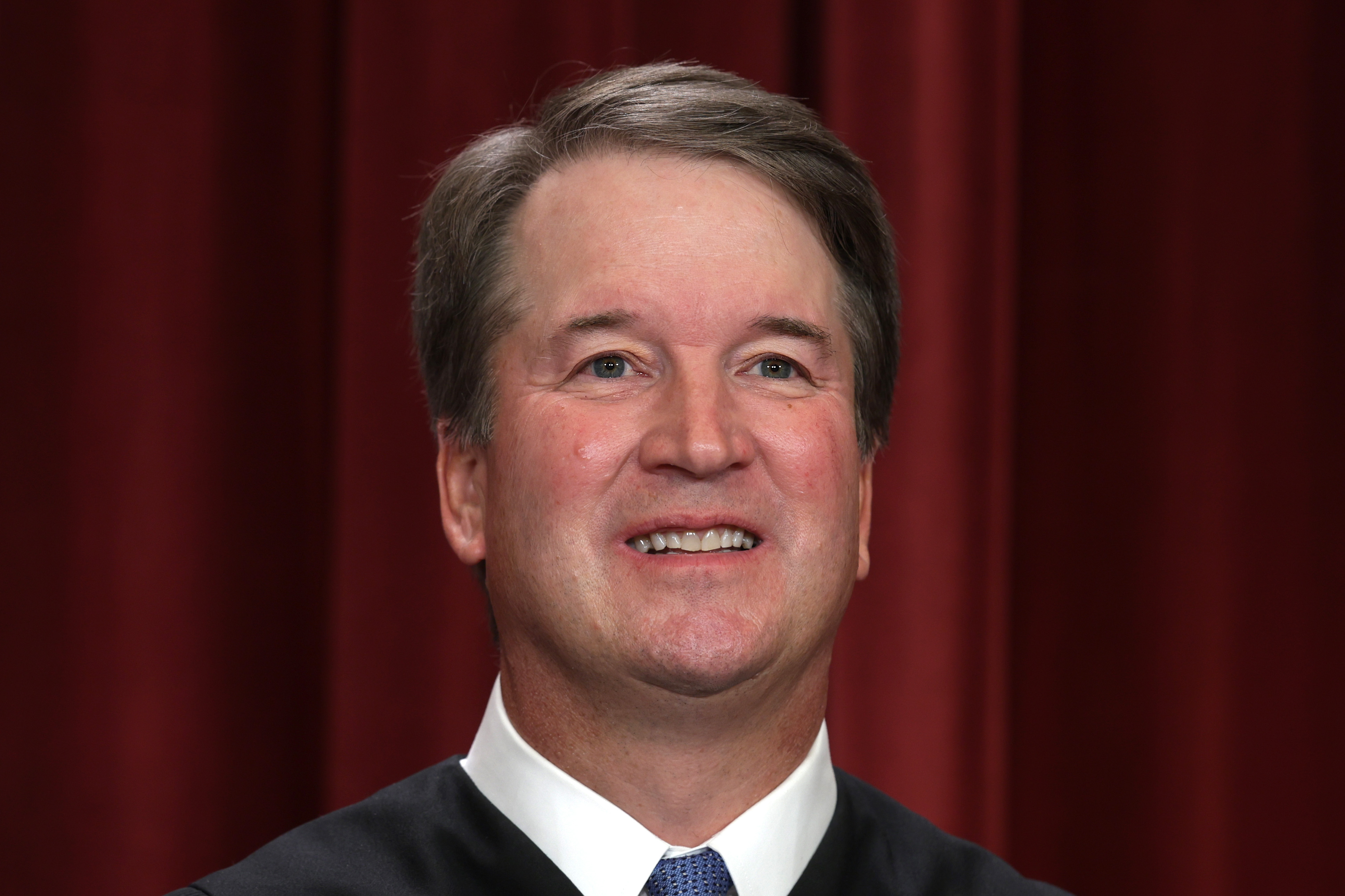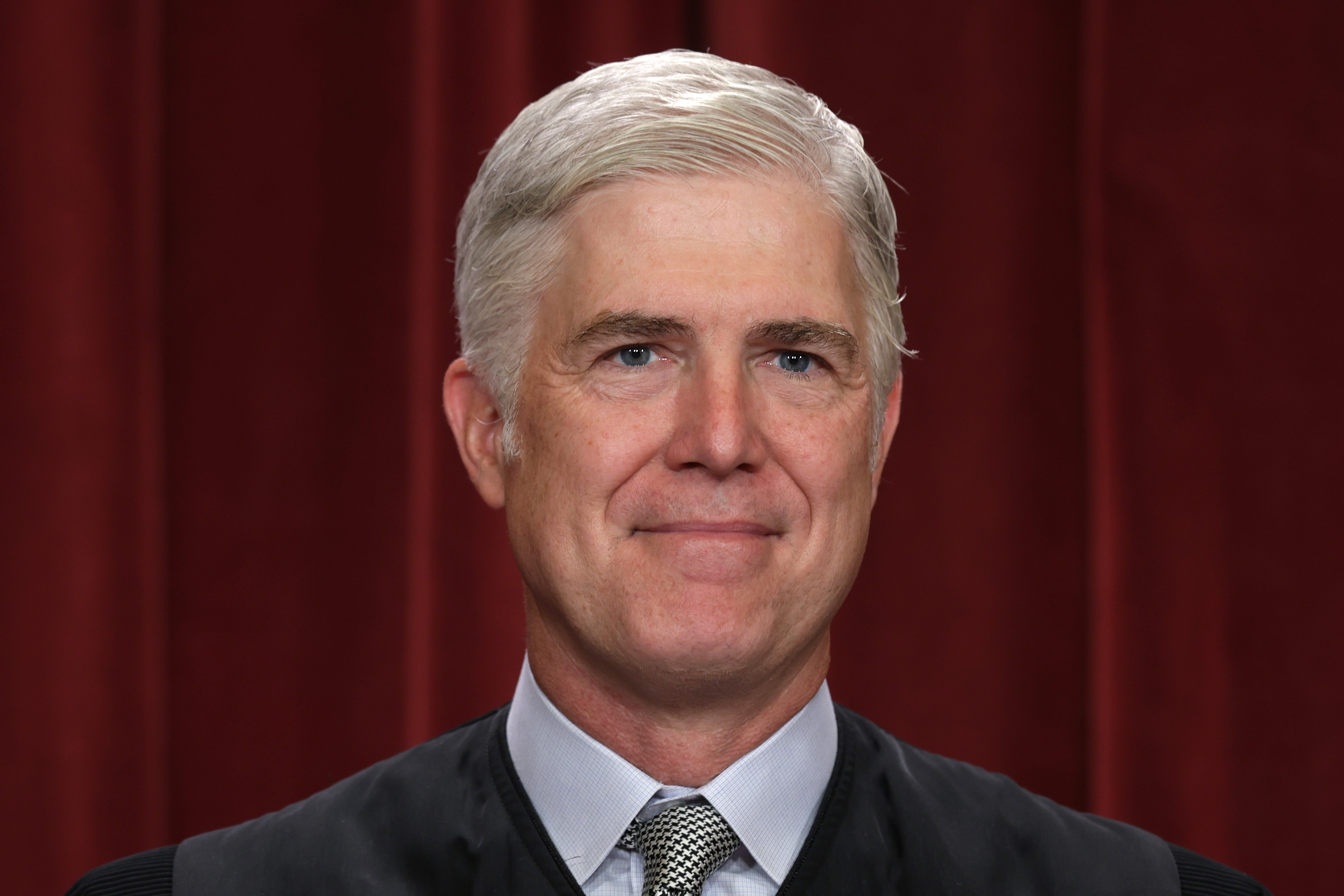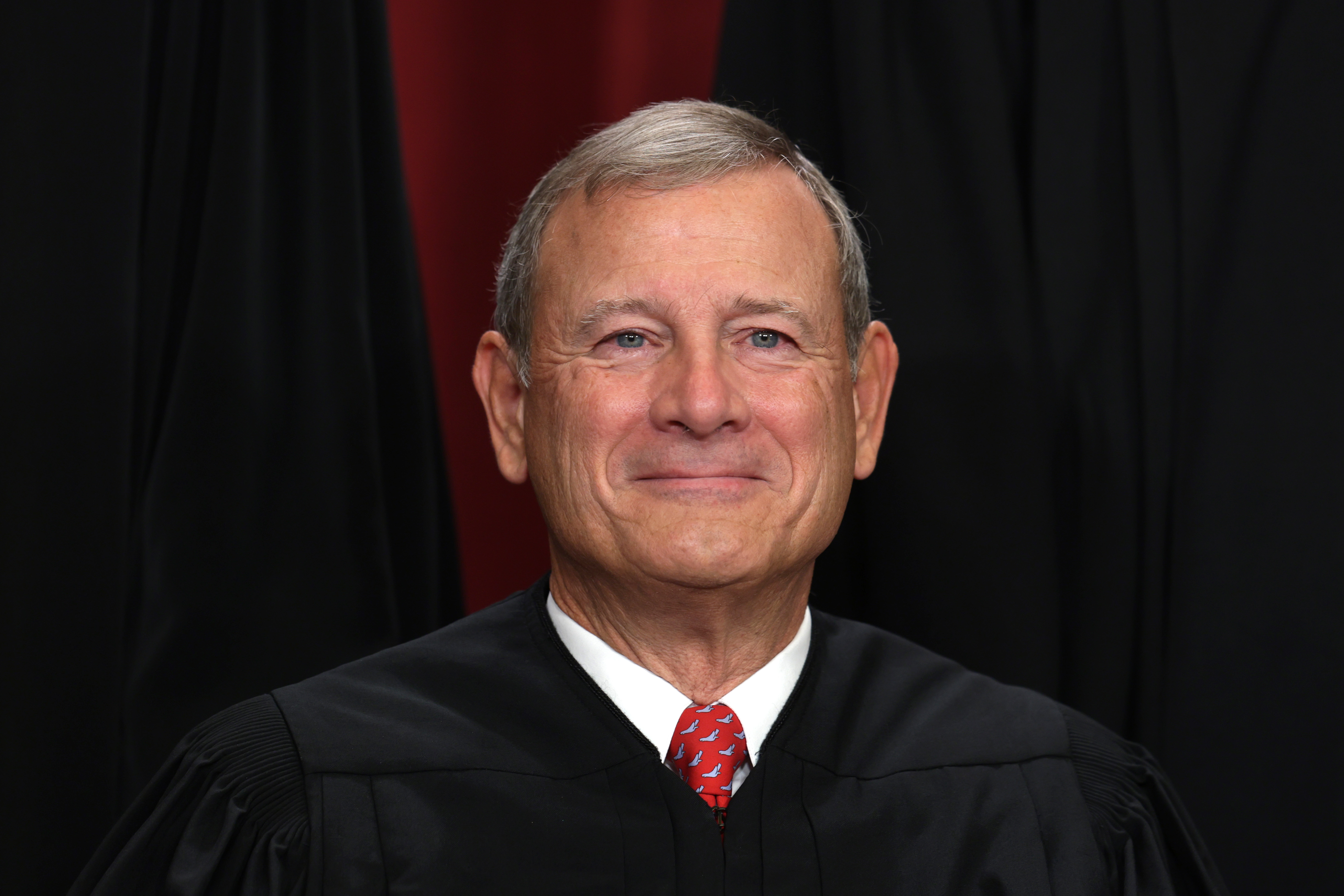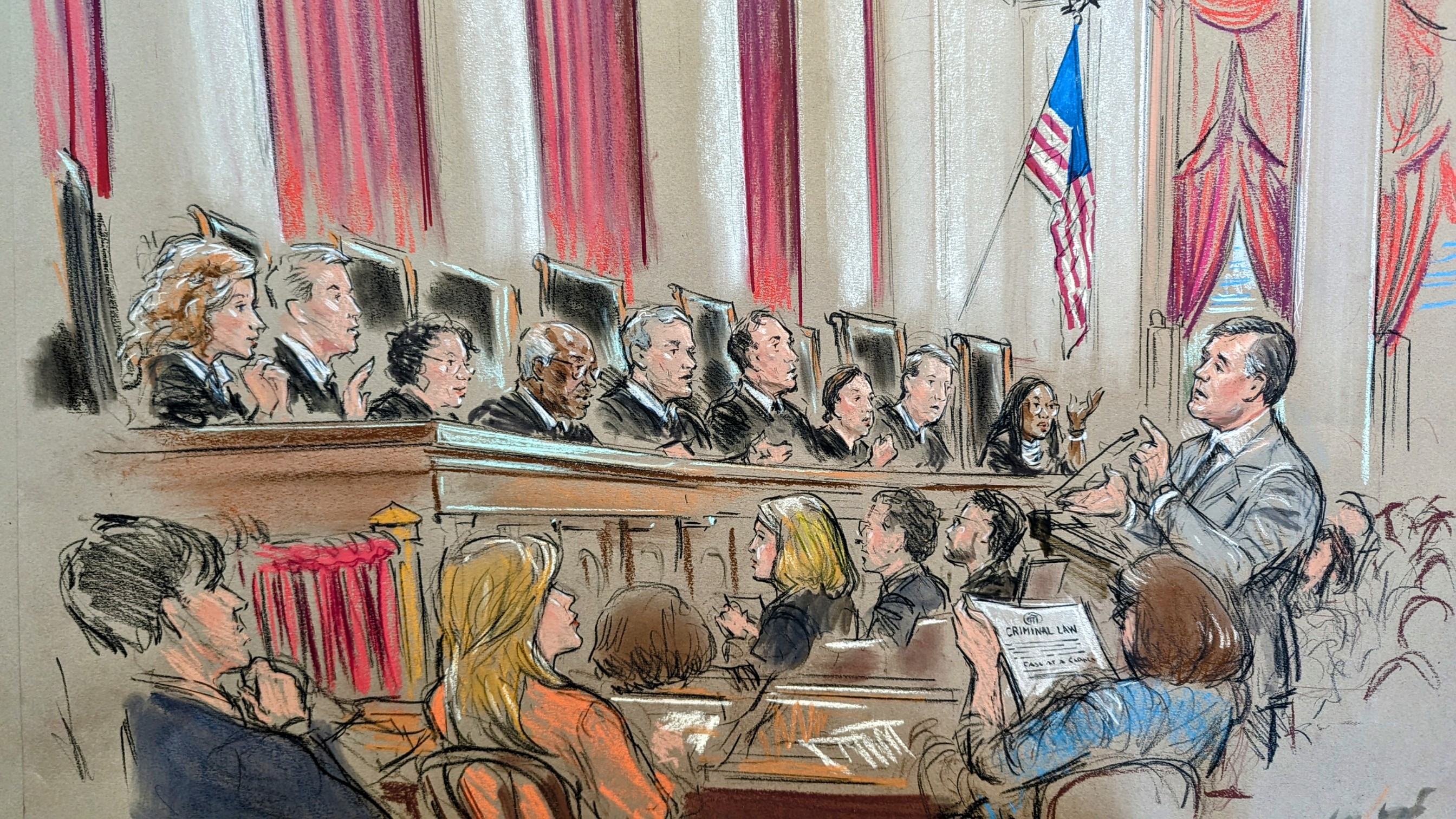
The Supreme Court’s conservative majority indicated Tuesday that it may toss out a charge prosecutors have lodged against hundreds of people who took part in the January 6, 2021, riot on the US Capitol, a decision that could force the Justice Department to reopen some of those cases.
During over 90 minutes of arguments, most justices signaled concern with how the Justice Department is using the law, which was enacted by Congress more than two decades ago. Critics claimed the felony charge, which carries a prison sentence of up to 20 years, was intended to prevent evidence tampering – not an insurrection.
The high court’s ruling, expected by July, could affect the federal election subversion case against former President Donald Trump, who was also charged with the obstruction crime.
Here’s what to know about Tuesday’s oral arguments:
Traumatic day boils down to technical argument
Mostly absent from oral arguments Tuesday was recognition of the traumatic and deadly events that took place just across the street from the Supreme Court three years ago. Instead, the discussion turned largely on a technical debate about the meaning of the words in the law – in particular, the word “otherwise.”
That 2002 law makes it a felony to “corruptly” alter, destroy or mutilate a record with the intent of making it unavailable for use in an “official proceeding,” or to “otherwise” obstruct, influence or impede such a proceeding. Capitol riot defendant Jospeh Fischer, who brought the case to the high court, argued that, taken together, the law was geared toward prohibiting records destruction. But the Justice Department said it encompassed a wider range of actions – including physical intrusion – that would obstruct a proceeding.
Conservatives bring up left-wing protests
There was a heavy dose of “whataboutism” from the conservative justices, who repeatedly brought up left-wing protests while pressing both sides about which conduct they believed would be covered by the felony obstruction law.
Justice Samuel Alito mentioned the disruptions at the Golden Gate Bridge on Monday, when protesters, angry about Israel’s war against Hamas, blocked rush-hour traffic.
Liberals appear united against January 6 rioter on textualist grounds
The Supreme Court's three liberals appeared to be lined up in favor of the Justice Department’s position that the federal obstruction law is broad enough to include the rioters’ conduct on January 6.
Trump looms in background
Though Trump is not a party in the case, the appeal indirectly thrust him onto the Supreme Court’s docket for the third time this election year.
Special counsel Jack Smith has charged Trump with the same obstruction crime at issue in this case. The presumptive GOP presidential nominee would almost certainly use a win for Fischer to try to further undermine the Justice Department’s prosecution of the January 6 defendants.
Read more about the takeaways from the arguments here.
